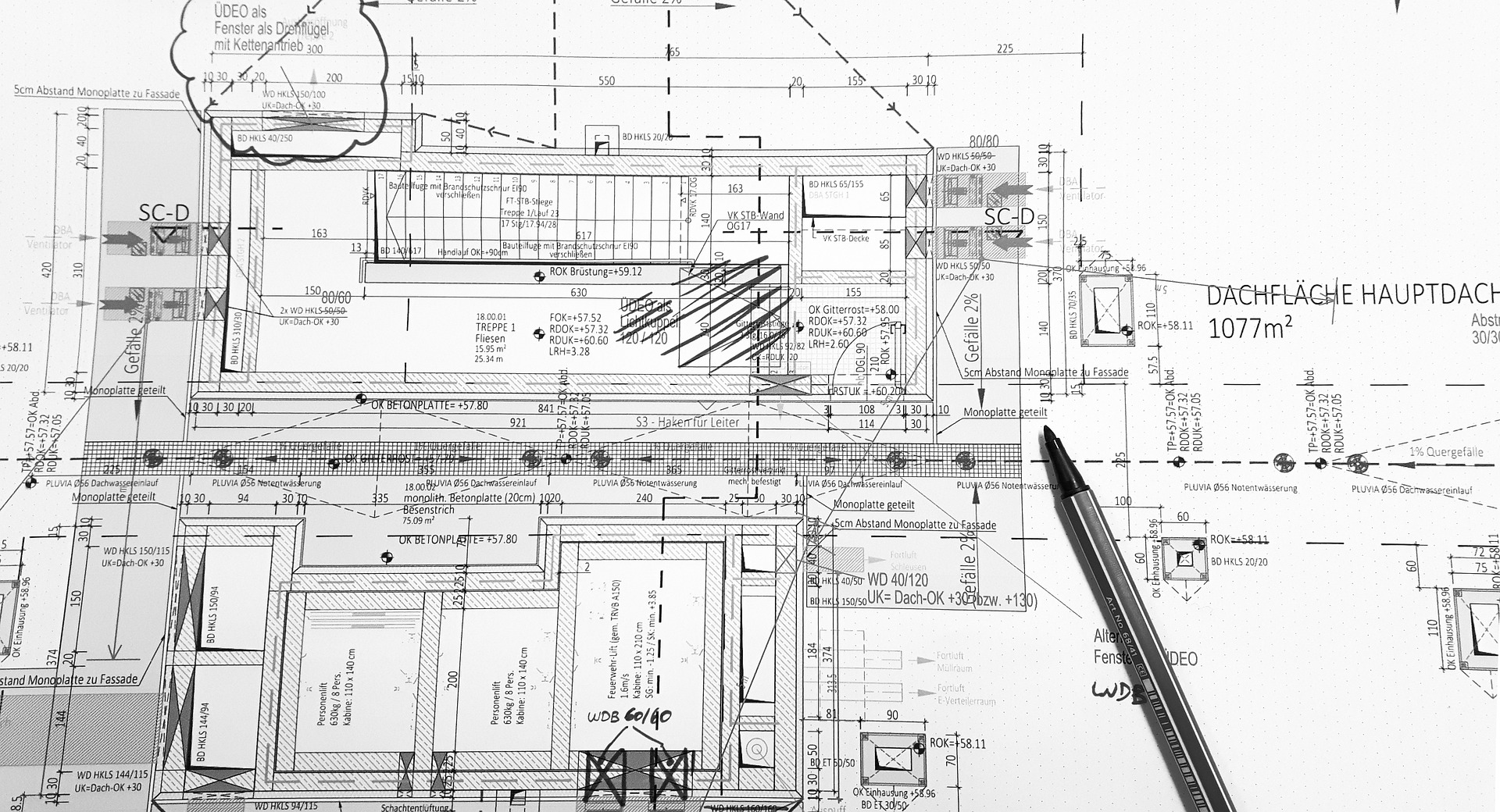
The 11th principle in a series called 16 Principles of Happiness from the 16th President
The Great Emancipator, Abraham Lincoln, 16th President of the United States, was known for his wit and wisdom. We can learn from it as well.
To see the first 5 quotes in the series, click here: 16 Principles of Happiness from the 16th President. To see the second 5 quotes, click here: We’ve Seen Lincoln on the Penny; Now Let’s Hear Him on Happiness
Quote #11: “Let not him who is houseless pull down the house of another, but let him work diligently and build one for himself …”
Do you know people who pull down others to make themselves feel better about a dissatisfying life? Have you put others down as a way to prop yourself up? Have you personally ever been pulled down by someone trying to justify their disappointment with life, or jealous with your success?
The desire to destroy what others build has its roots in the soil of envy.
Envy undermines the joy of taking pleasure in others’ successes. It’s a difficult thing to be sitting cramped in your hut while feeling happy for your neighbor lounging in his mansion. But while the desire to pull others down when they start rising higher than you, is human and natural, it is nonetheless a vice that needs to be purged for happiness to be experienced in its highest form.
Envy is not only the act of comparison. It’s a selfish and greedy desire and therefore, an obstacle to living happy, at peace and content. It is the vice of wanting what your neighbor has, not as a goal of attaining the same thing or kinds of things, but as a resentful desire to take what’s his and own it instead of him. This is not the road to happiness.
As we purge ourselves of the twin obstacles to happiness of selfishness and pride, and ultimately of envy, we will be freer to sincerely feel joy for others’ accomplishments and successes even in the absence of our own. The false need to pull others down to feel better about ourselves will begin to disappear. And happiness will be experienced in greater abundance.
Success, after all, is not a zero-sum game.
One person’s success does not need to come at the expense of anothers’. It is zero-sum thinking that can lead to envy. “If they get theirs, I can’t have mine,” is the faulty thinking at its core.
As a matter of fact, success breeds success.
One person’s success makes her a more viable potential customer for my product. The people she hires – and pays – can then become my potential customers as well, making us both better off.
Besides, there are many ways to define success.
I, for example, chose to teach high school seniors economics and government. I knew at the time I was getting my degree in history that I was not going to be making the big bucks. I did it anyway. Why?
My pay is fine, but I know I’ll never make enough from teaching to ever be financially independent, or at least never a wealthy man.
Does that mean I’m not successful?
Again, it depends on how you define the term. You see, I’m a good husband and a good father. I’m a good teacher and a good person. I am not perfect at anything I do, but I am pretty good nonetheless.
Do I consider myself successful?
I have a wife who loves me (on my good days! J). My daughter is one of the best people I know. She is full of love and goodness and compassion and thoughtfulness. She is an amazing pianist with a performance scholarship at one of the country’s leading universities. She’s married to one of the other best people I know. They have a thriving and growing online business that connects would-be students to music teachers in their area. I have an amazing little 5 year old son who adores his daddy.
I have former students who still keep in contact with me and come to visit fairly regularly from as long as 5 and 6 years ago. I’m told I have made a difference in many of their lives. I have taught countless Sunday School lessons to who-knows-how-many youth, many of whom have struggled with the issues we grappled with in class.
Do I consider myself successful?
Heck yeah, I do!
“But let him work diligently and build one for himself”
Not tearing down others’ “houses” is only half the picture. The other half is to build and develop. It is to learn and discover and overcome and grow. It is to add pound to pound and inch to inch, here a little and there a little until we have built up our own “house,” be that what it may.
Then, envy fades to emulation. Jealousy fades to appreciation. Hate fades to inspiration and motivation to rise and climb and improve and become. To realize our potential, often lying dormant in so many of us, is the ultimate expression of love for self and love for humanity and love for the Divine.
So leave others’ houses intact. Look to see what they do to build what they have. Then go to work building something of your own creation. And enjoy the happiness that is associated, less with owning the thing you build, and more with the freedom and creativity and growth that is inherent in the act of building.
Afterthoughts
A life lived building and creating and erecting instead of destroying and undermining and criticizing is a life of greater purpose and meaning. It is a life that expands and fills and improves. It is a creative life that is filled with greater happiness. It is a life that cares more for others’ accomplishments than how I compare to their accomplishments. It is a more fulfilling life of satisfaction, inner peace and joy.
And it is a life I wouldn’t trade for anything!
How Do You Define Success?
Please share your thoughts in the comments. It would mean a lot to me in our ever-continuing reach for improvement, meaning, passion and a happy life.
Click on any of the posts in this series for further reading:
- 16 Principles of Happiness from the 16th President
- We’ve Seen Lincoln on the Penny; Now let’s hear him on Happiness!
- Tearing Down and Building Up: Envy and Success
- There’s More than One Way to Live Forever … Leaving a Legacy
- 5 Enslaving Habits We Must Avoid
- 10 Practical Ways to Develop Self-mastery
- You Have To Do Your Own Growing No Matter how Tall Your Grandfather Was
- 10 Ways You Too Can Stop Being So EASILY Offended
- A House Divided is Happiness Diminished
Photo by Pixabay







































Thanks to Deepak Chopra I mainly think in terms of “Pursue excellence ignore success” I try to stay passionate about my work and dispassionate about the success. It is very freeing that way and things seem to work out really well.
That’s awesome! Thanks Wendy! I really like that distinction!
While success is important to me for the reason that it allows me to provide better for my family and allows me to do things I couldn’t do without the economic freedom success provides, you hit the nail squarely on the head in that by getting caught up on success, I can very easily begin to compromise excellence and rob myself of the pleasure and passion my work provides.
As always, wonderful insight added to our ongoing hope for personal growth and to make a difference in others’ lives.
Have an amazing day, Wendy!